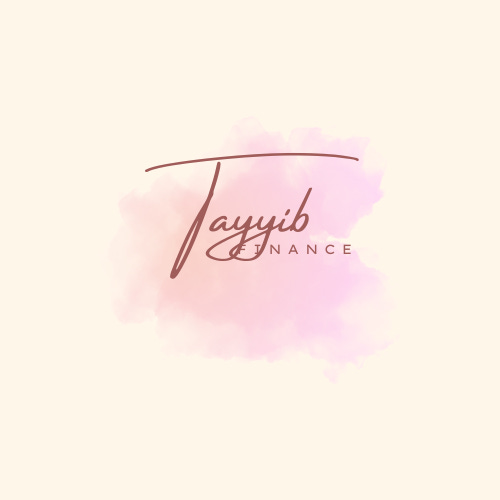Is the Stock Market Halal or Haram?
Find answers to common questions about halal investments.
Muslims tend to be sceptical about the investing world. “Is the stock market halal in Islam?” is one of the oft-asked questions. The short answer is: it depends. Since shares are pieces of ownership in companies, permissibility depends on what the company does and how the investment is structured. The key point is that Islamic investing entails participation in the real economy, rather than mere trading of paper claims.
Shariah investing foundations
Ownership and activity: Stocks reflect partial ownership. If core activities are haram — like alcohol, gambling, entertainment, pork or interest-based banking — then owning those shares is impermissible. This is the first screen.
Riba, gharar, maysir: These prohibited elements guide the structure and conduct of halal investing. Riba cautions against extracting returns without risk-sharing; gharar against excessive ambiguity; and maysir against speculation.
Financial purity screens: Even permissible businesses may earn incidental interest or have interest-bearing debt. Shariah standards set ratio thresholds to limit such exposure.
Purification: If a Shariah compliant company has minor non-compliant income, the impure portion is identified and directed to charity. This process thus “cleanses” returns.
Trading vs. investing: Scholars distinguish productive investing from speculative behavior. Short-term trading that resembles betting, excessive leverage or uncovered short-selling raises concerns.
Governance: Shariah Supervisory Boards review methods, approve holdings and audit compliance for Islamic indices, funds and exchanges.
For practical guidance on halal investment options across different geographies, explore Tayyib Finance:
How this fits common questions
Are stocks haram? Not inherently; permissibility depends on the company’s core activity and financial ratios. The majority permit buying equities with screens and regular oversight.
Is the stock exchange halal? The exchange is a marketplace; the halal status hinges on what is traded and on the contractual rules applied.
Is trading stocks haram? Trading that resembles gambling, relies on excessive leverage or uses impermissible derivatives is problematic; disciplined, asset-based participation is favoured.
Are dividends halal? Dividends from compliant companies are permissible, with purification applied to any impure portion.
Are mutual funds halal in Islam? Islamic investment funds that apply Shariah screens, ratio limits and purification under scholarly oversight are.
Are stock options halal? Opinions differ. Many scholars view conventional options as problematic due to gharar and lack of tangible subject matter, while some allow limited hedging via alternative, asset-based structures.
What about a halal hedge fund? In theory, a fund could pursue risk-managed strategies if it avoids interest-based borrowing, impermissible short-selling and speculative derivatives, replacing them with compliant, asset-backed tools.
Takeaway
Muslims’ distrust in investing is understandable. After all, modern finance is part and parcel of (supposedly) advanced capitalist societies mired in greed and inequity. The development of Islamic finance though has made it possible for practicing Muslims to participate in selected investment structures without sacrificing Islamic values. The system is far from perfect, but it must nonetheless be supported by Muslim investors of all sizes, with an ultimate aim of increasing the collective power of our community.


